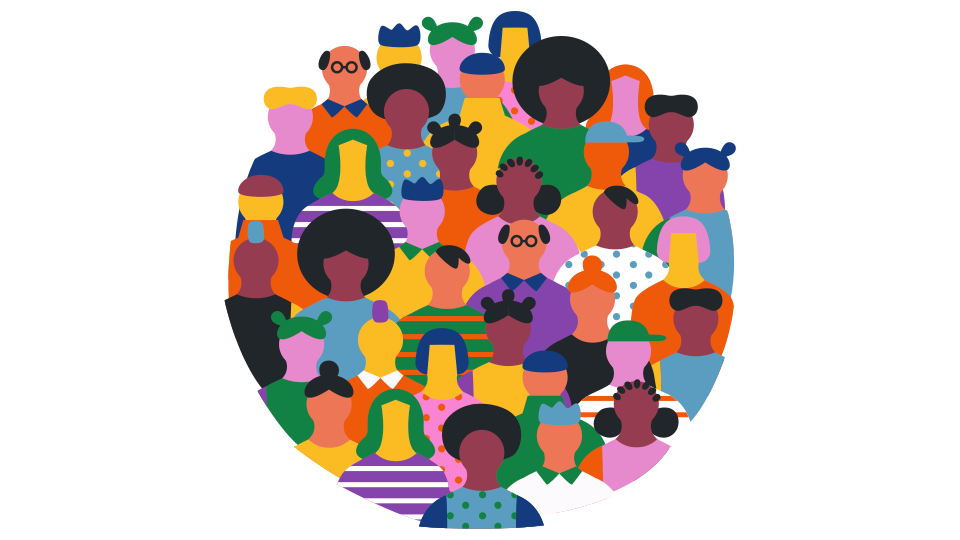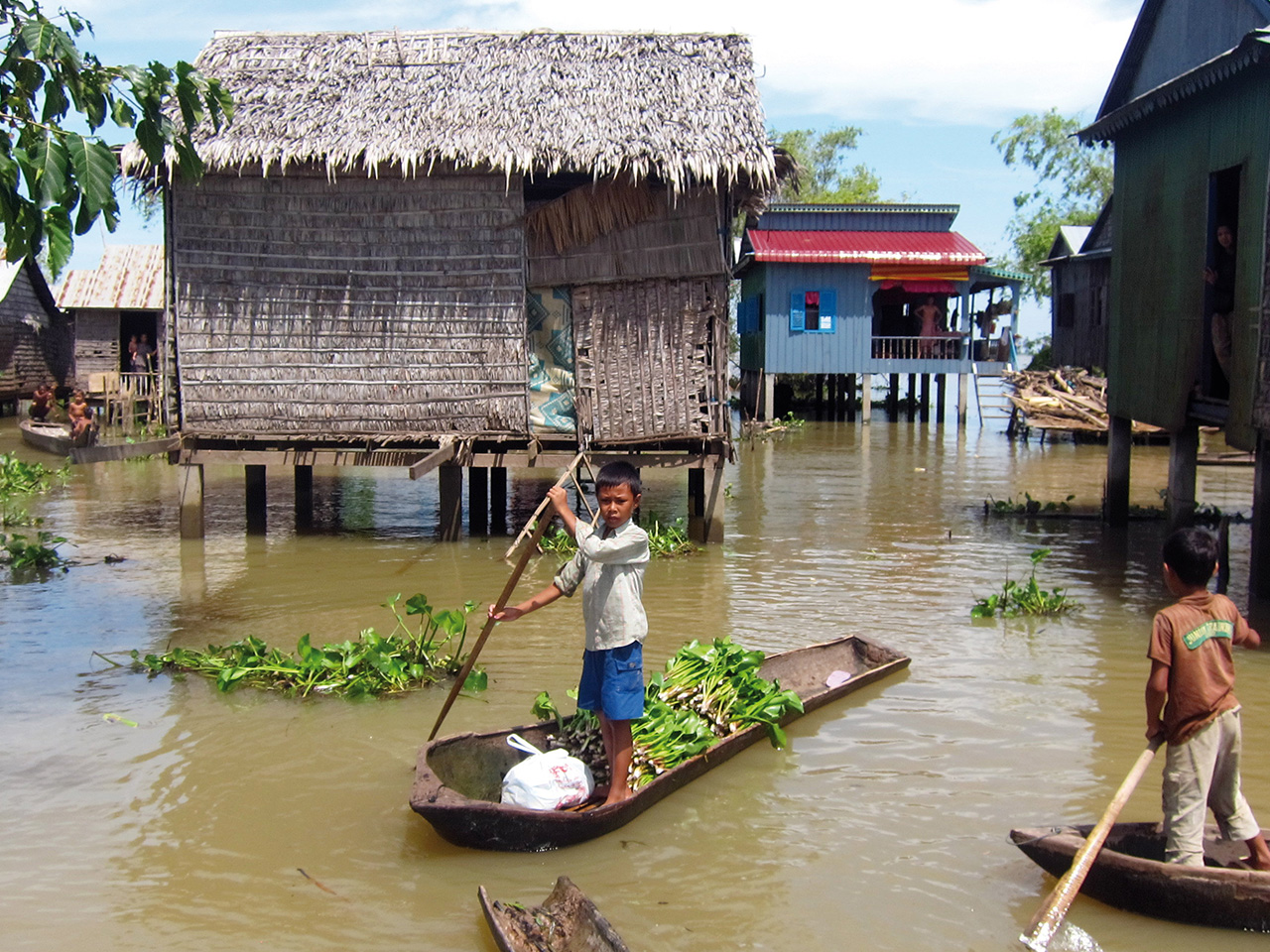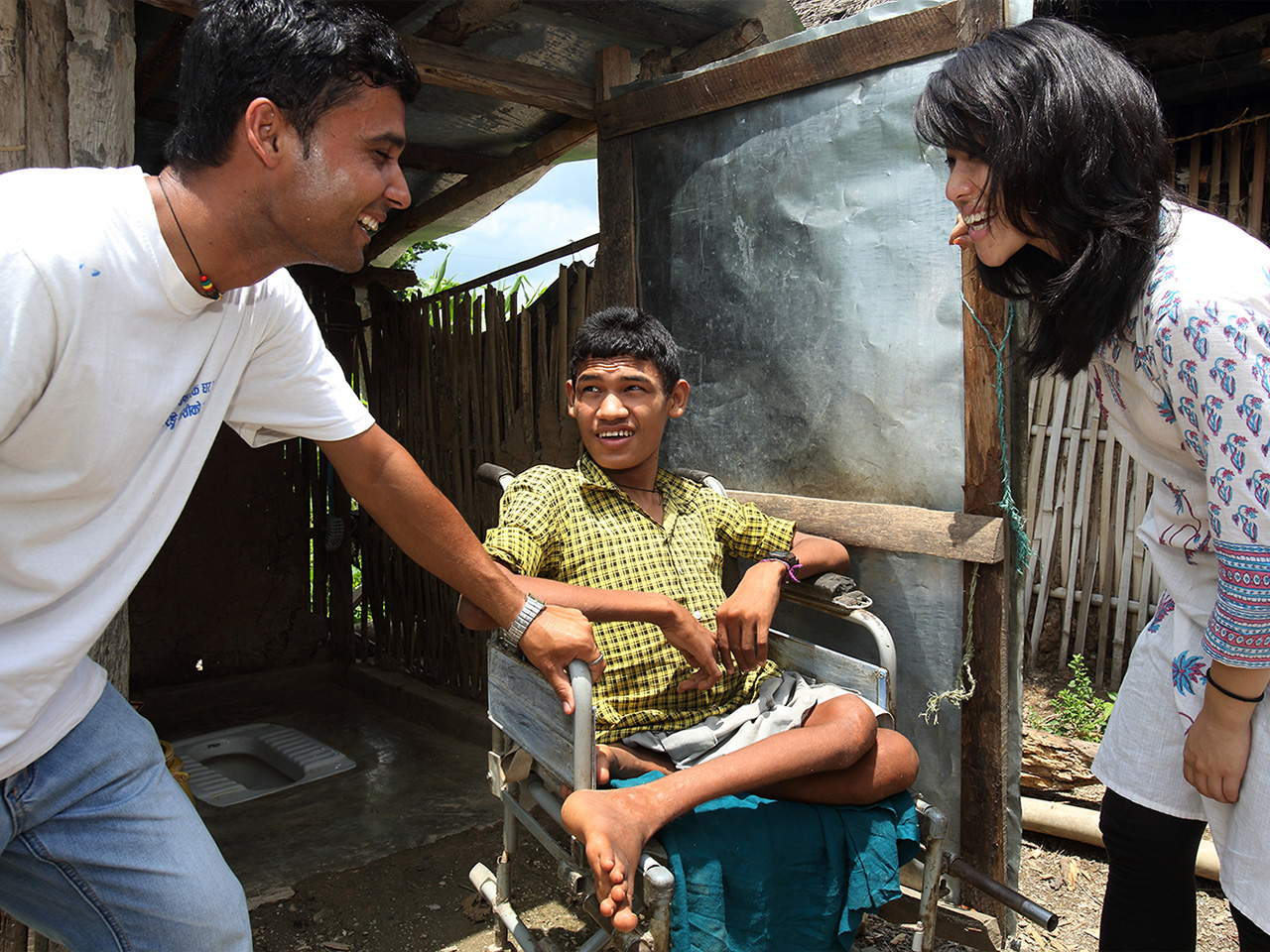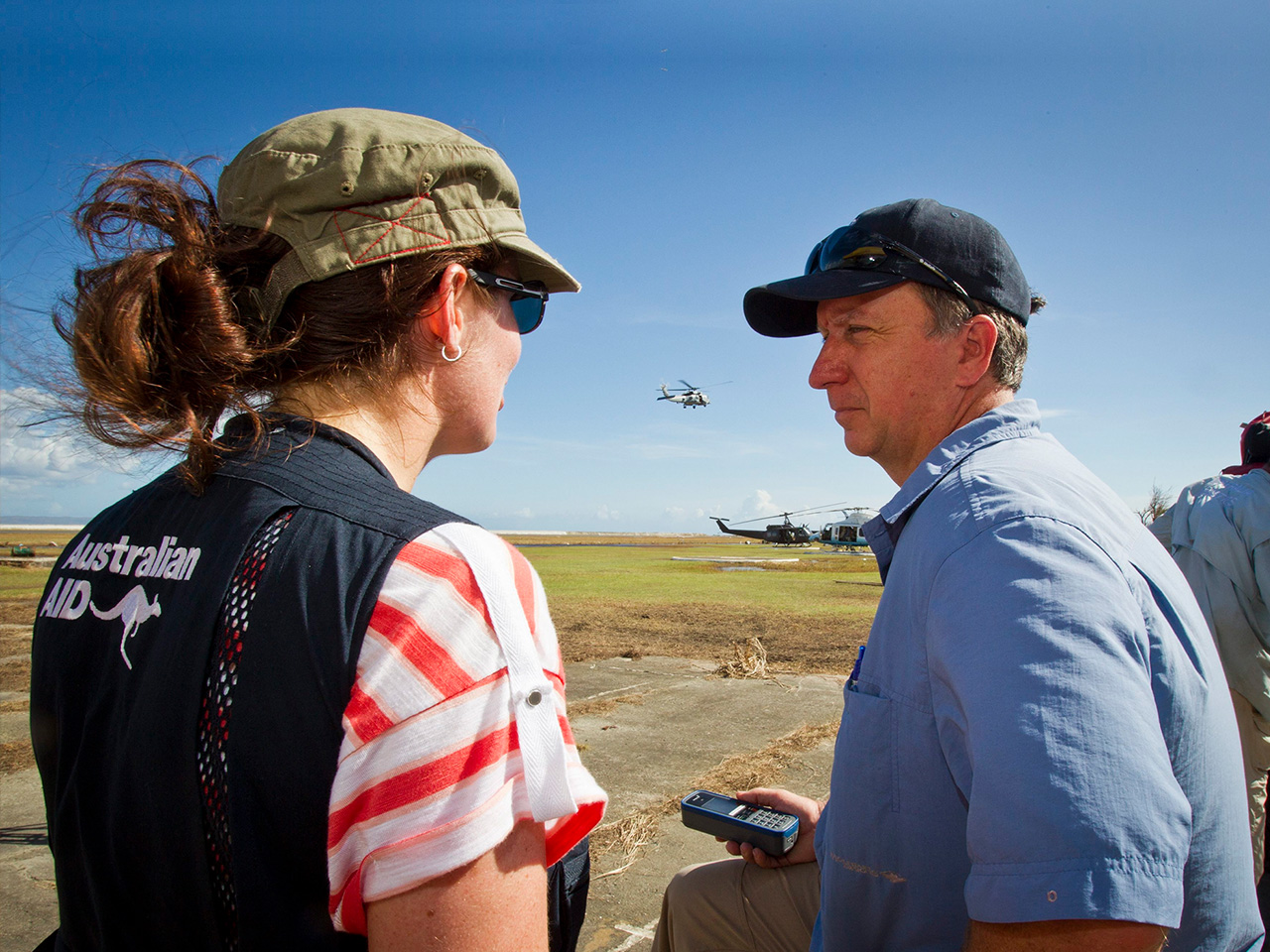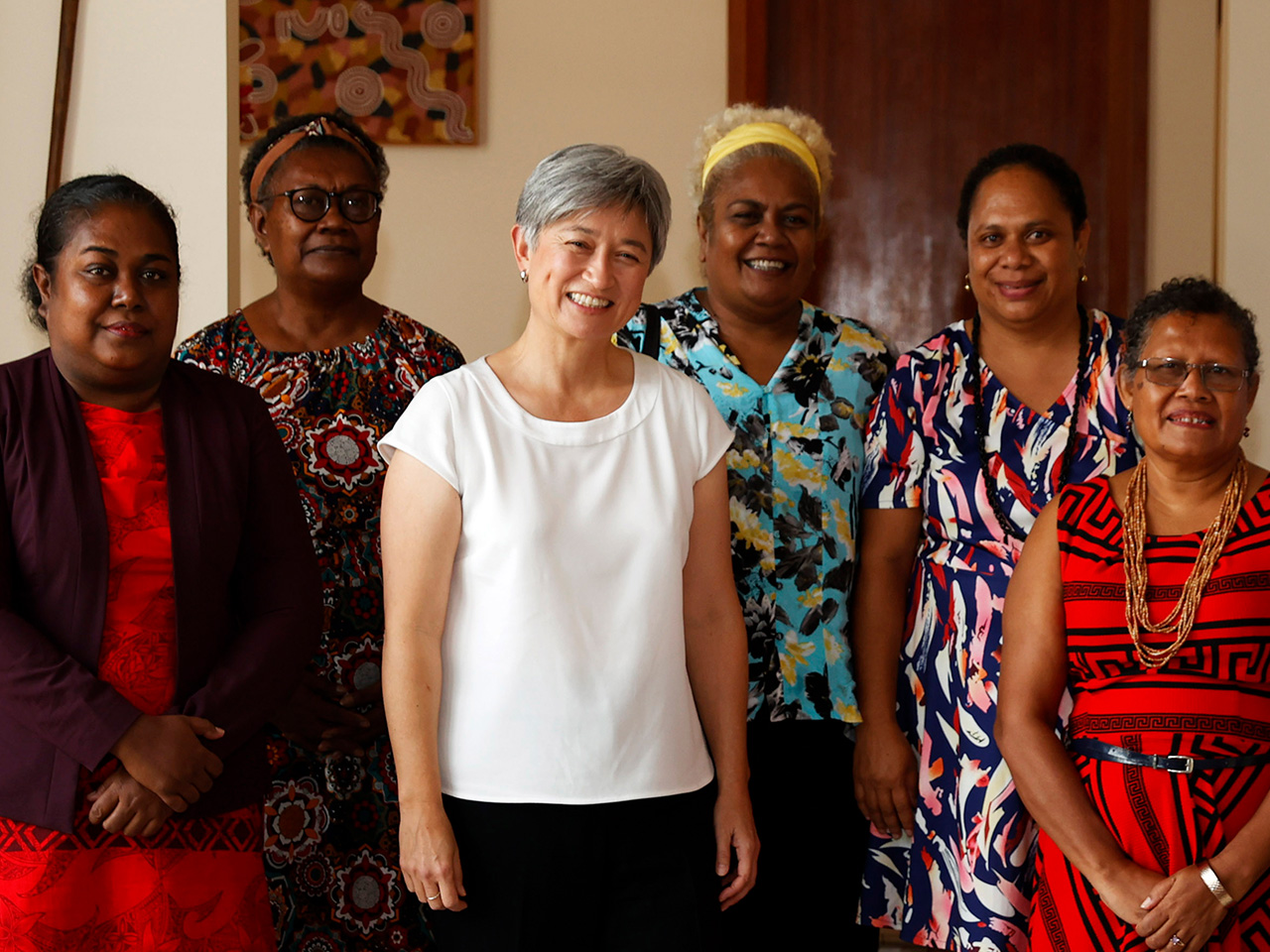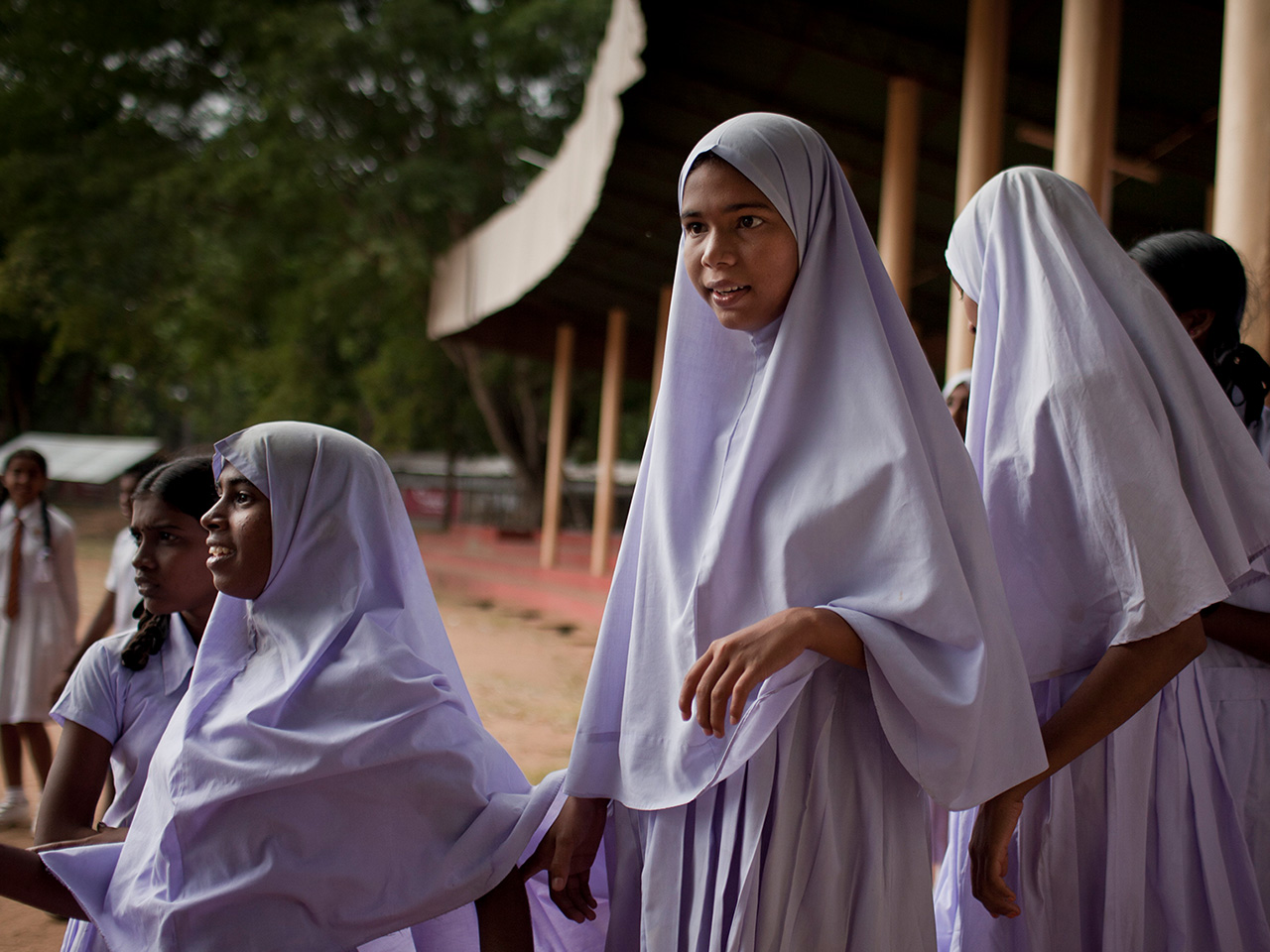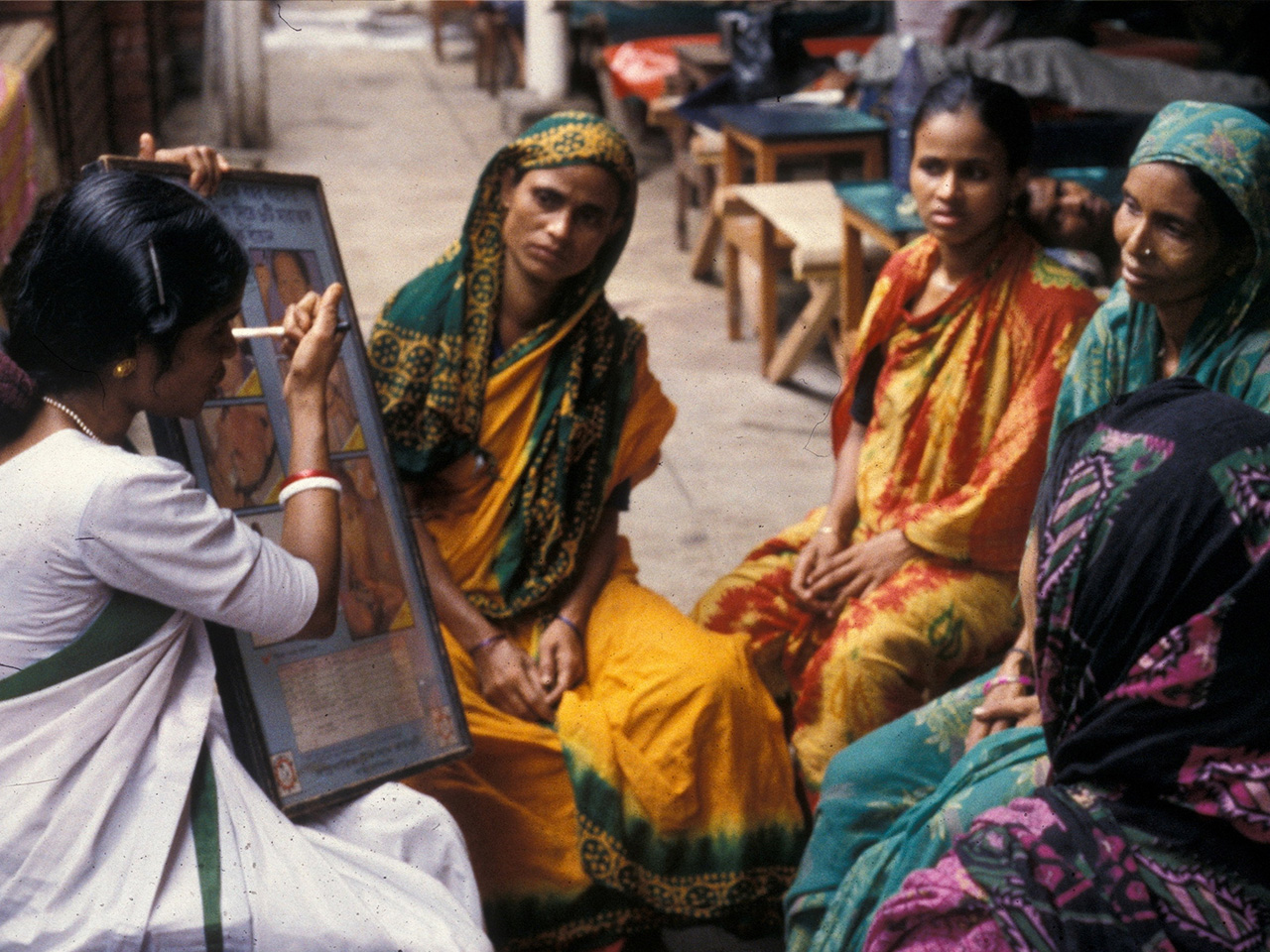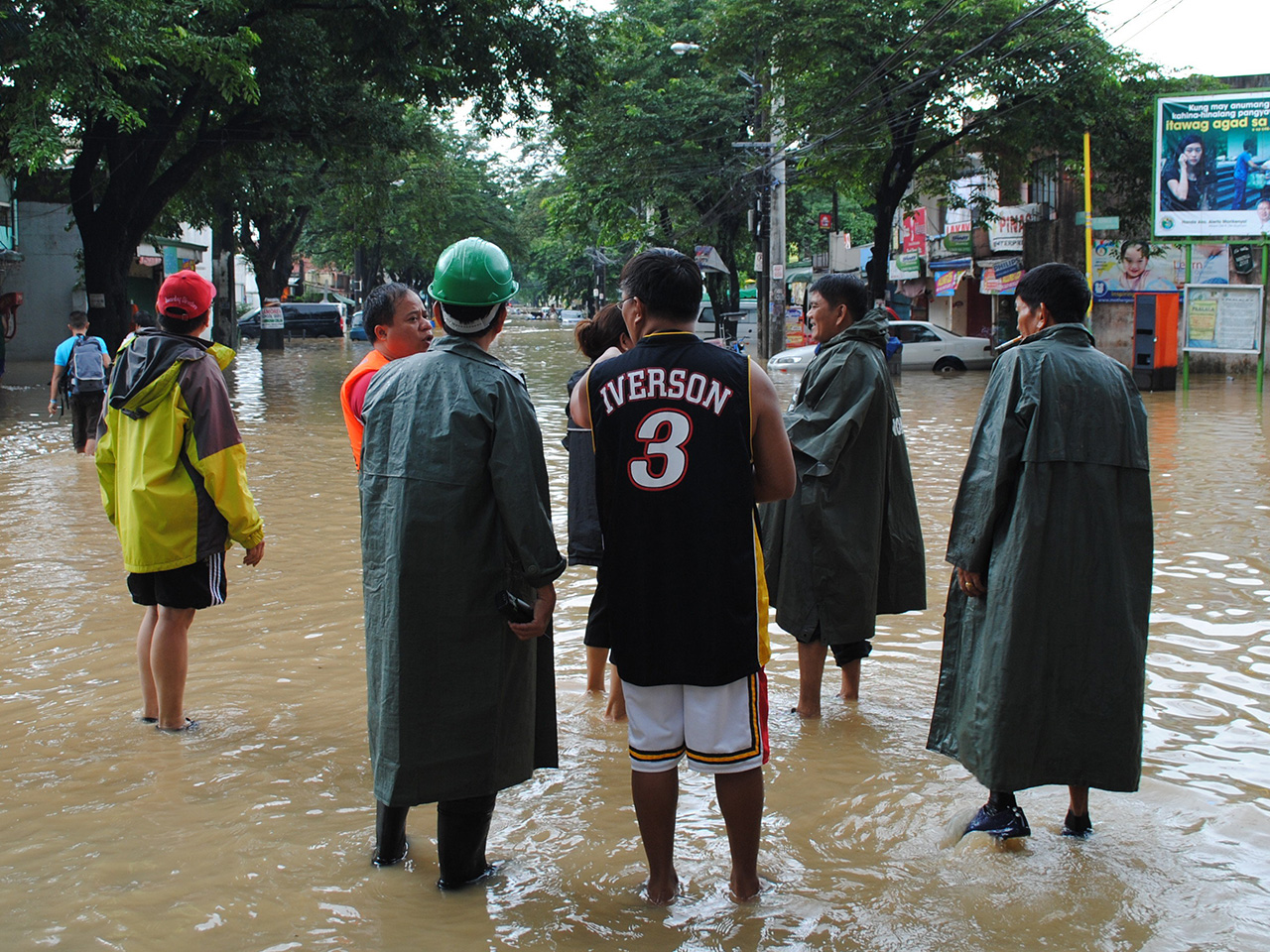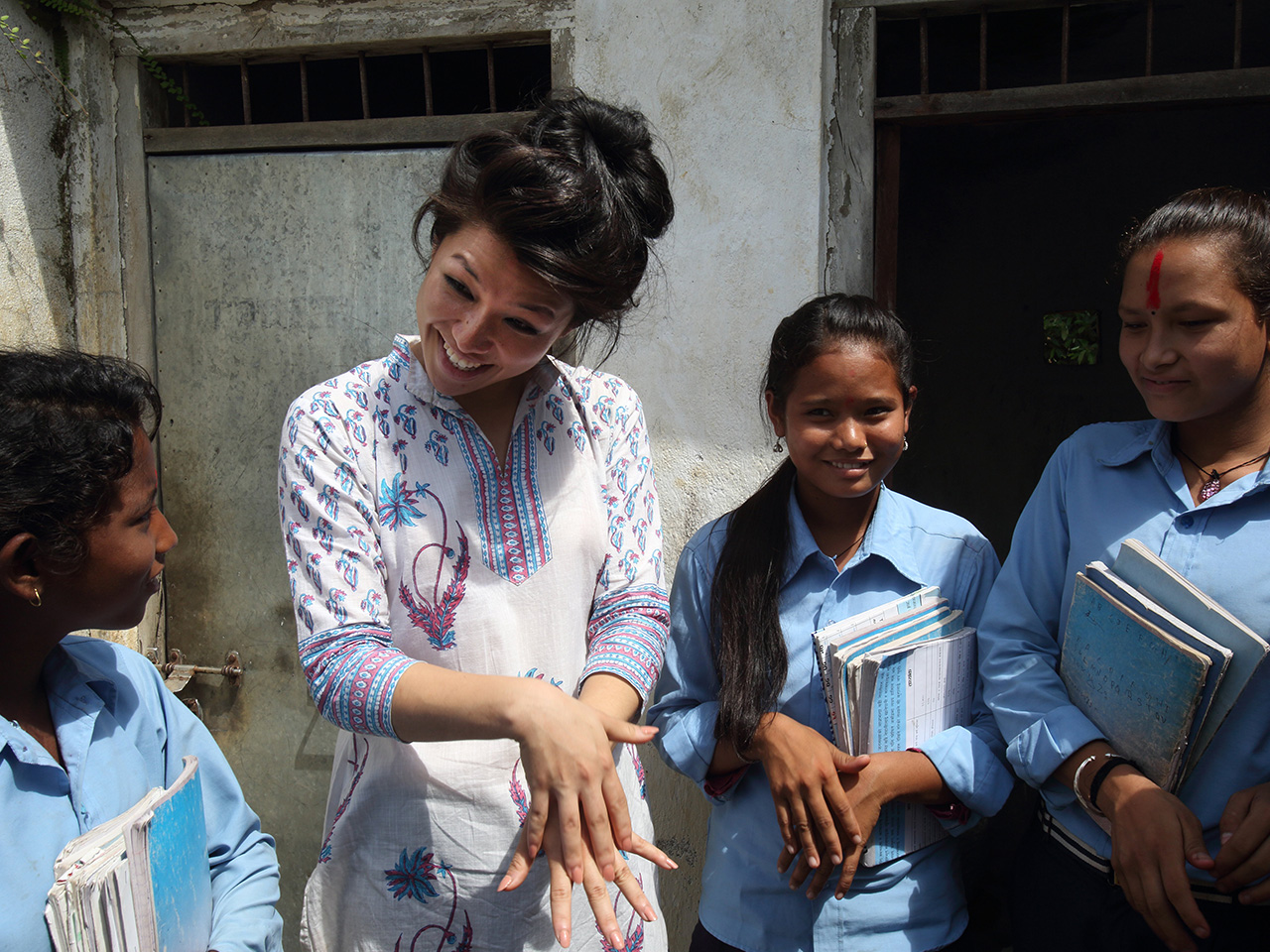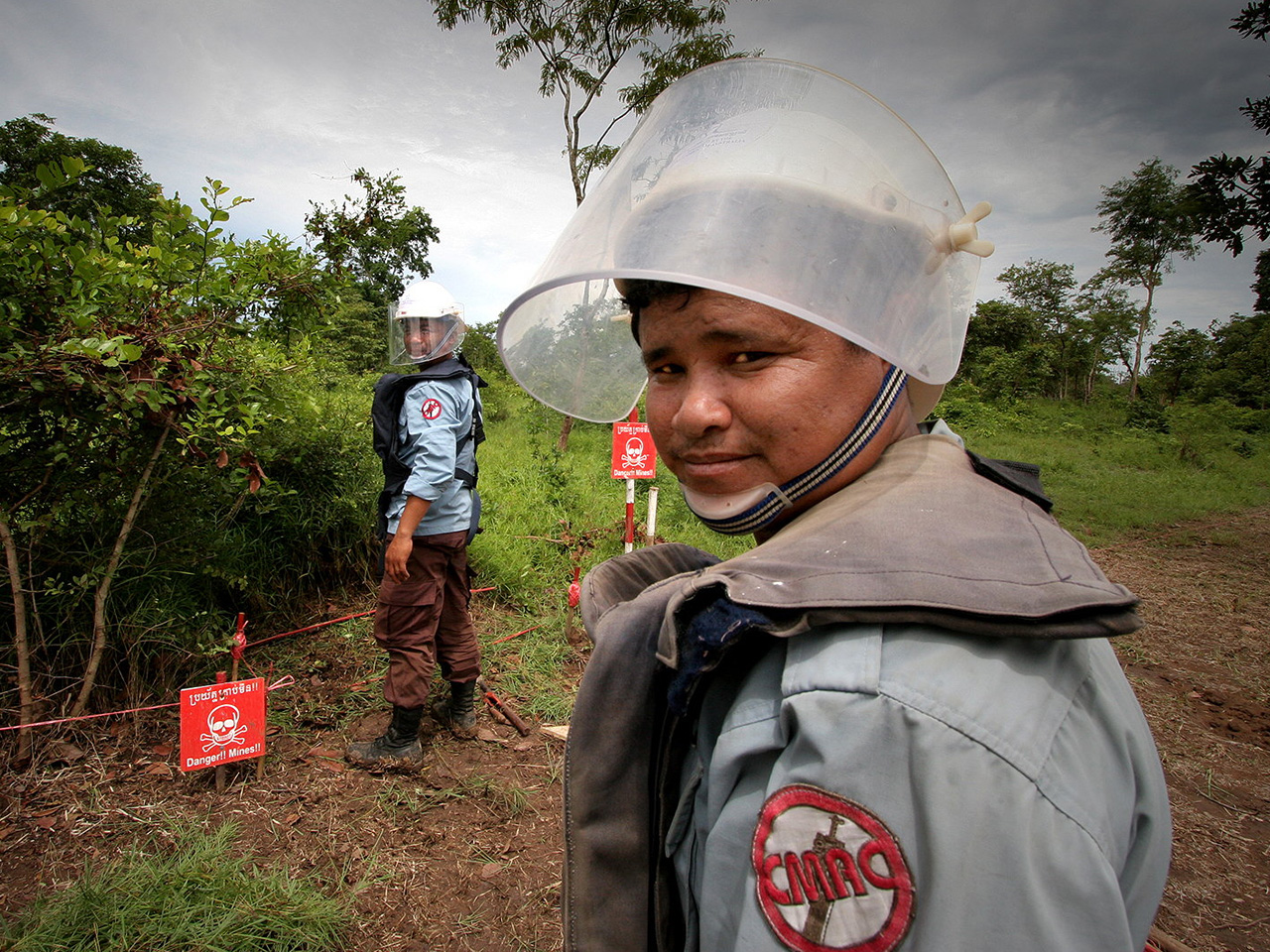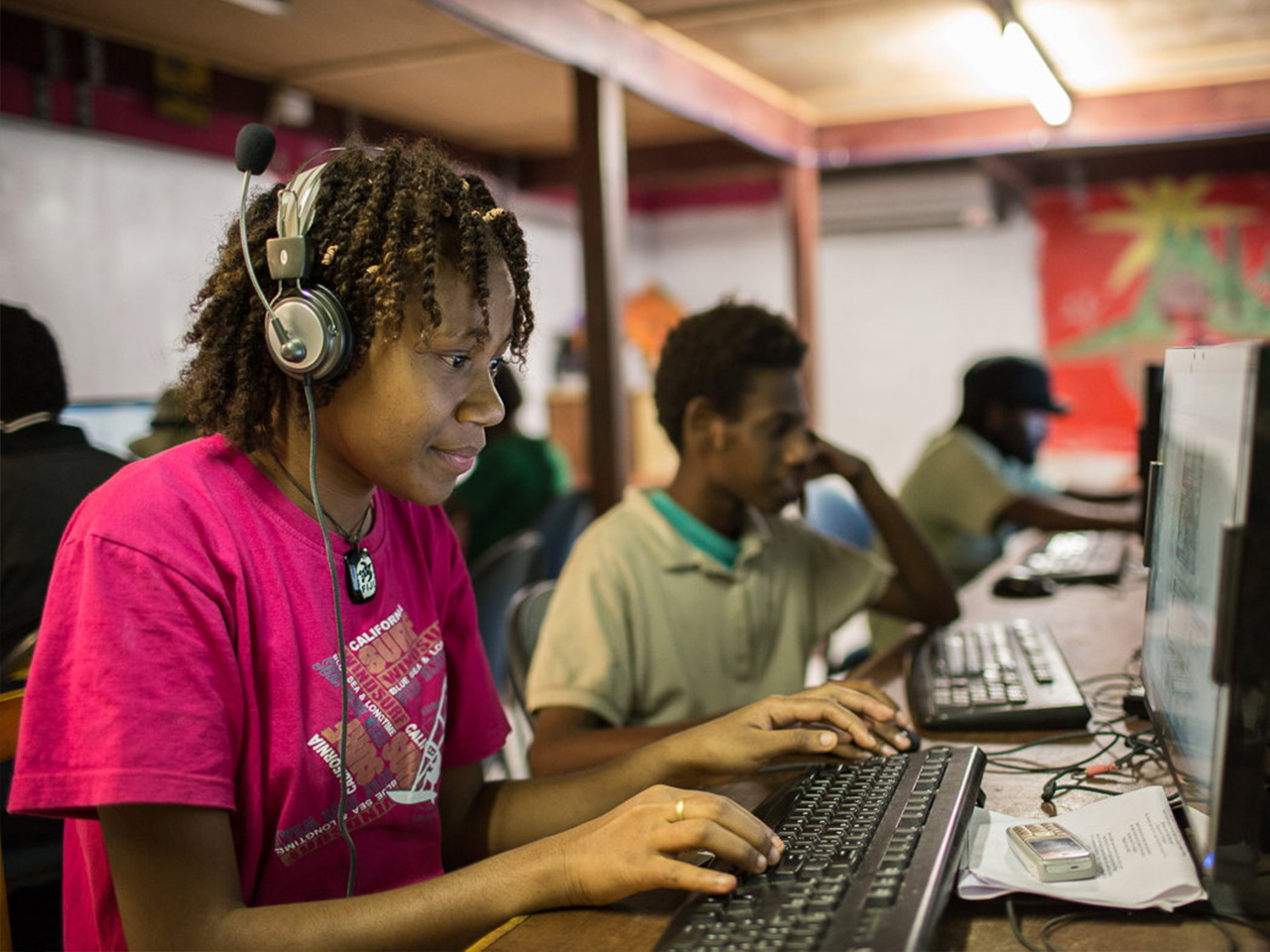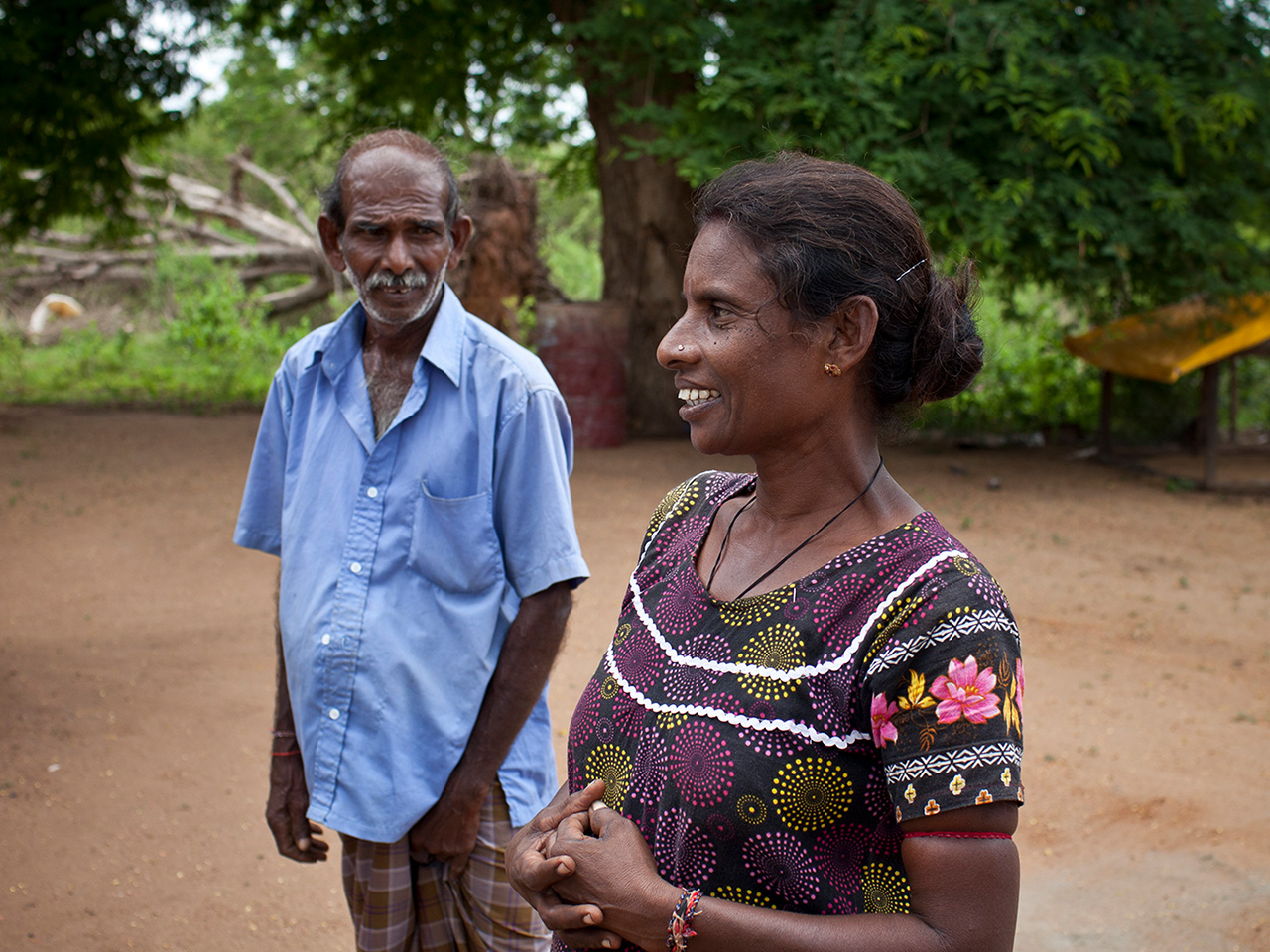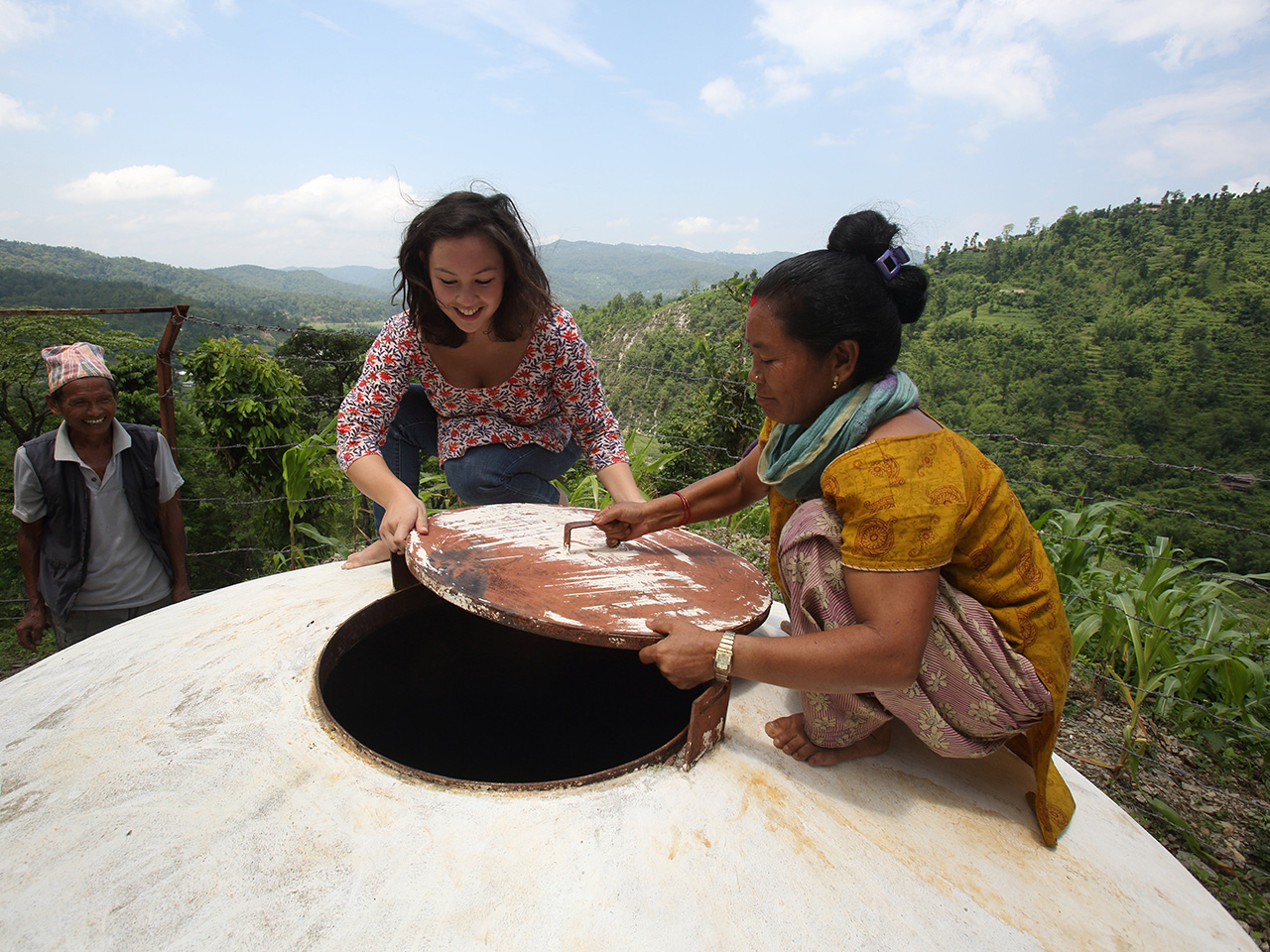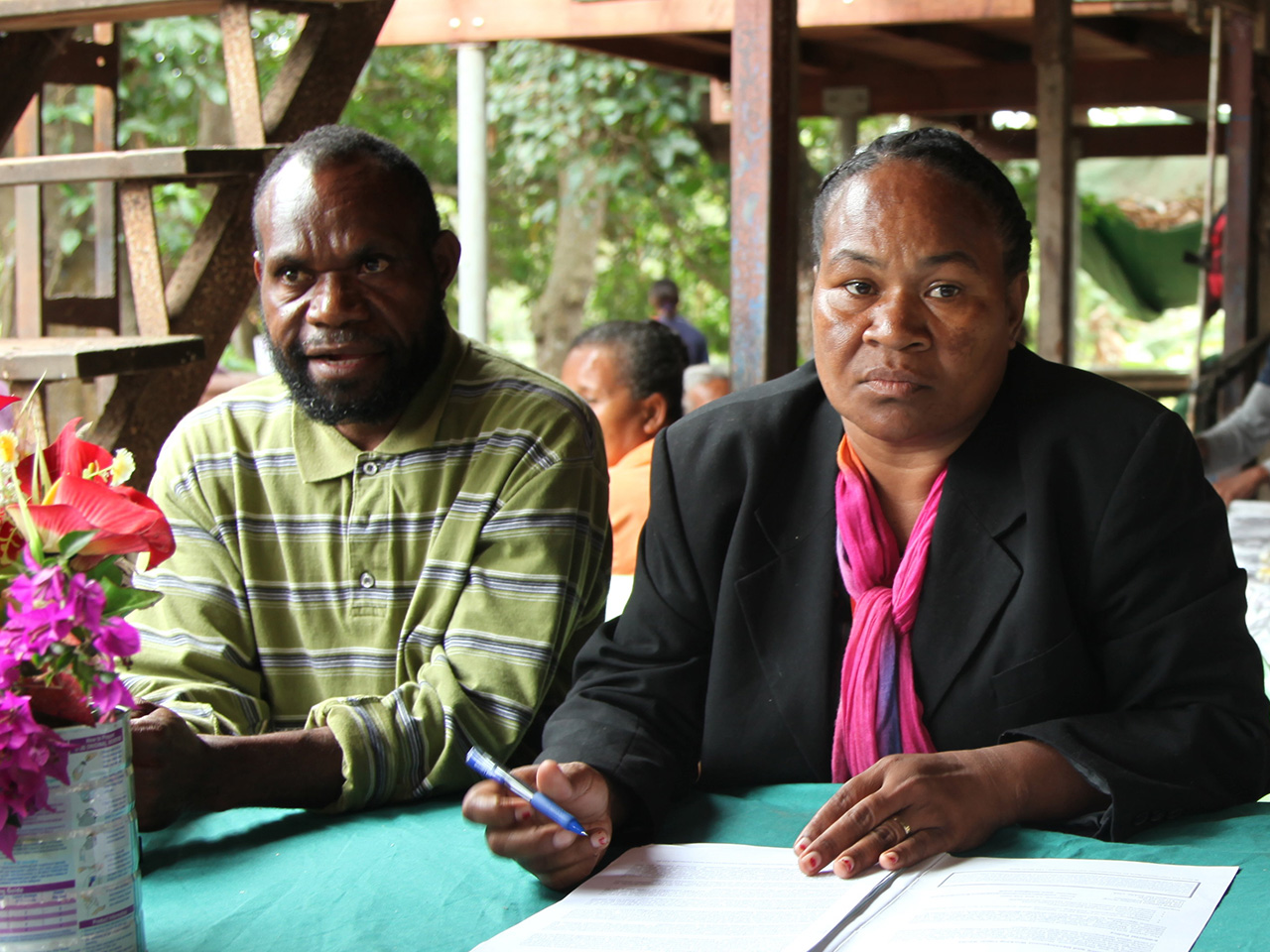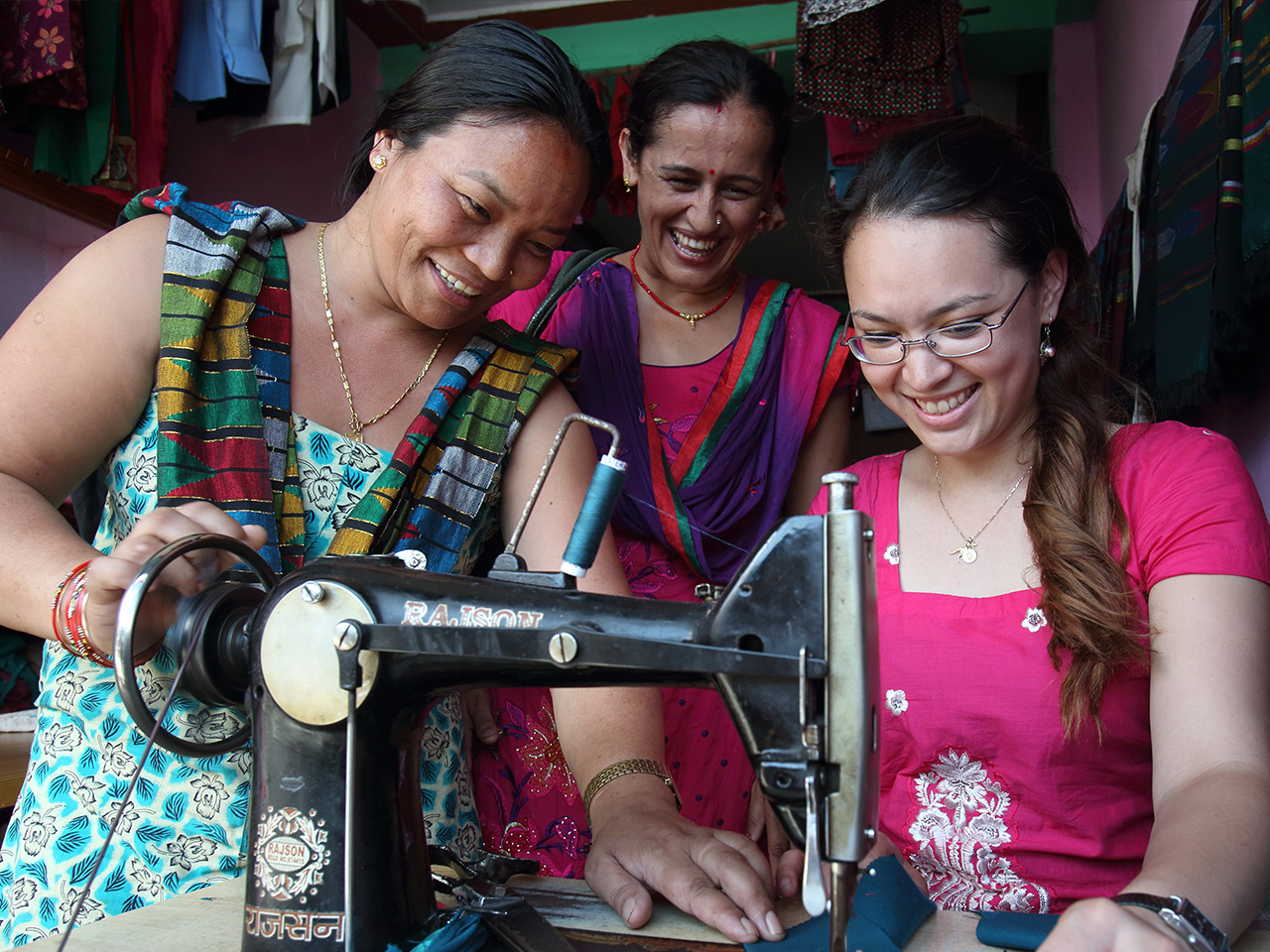The Support Unit for Gender Equality (SURGE)
closed on 31 December 2025.
This website will no longer be monitored or updated. For DFAT officers seeking gender technical assistance please contact the Gender Equality Branch (GEB) at GEDSI.GEB@dfat.gov.au
The SURGE Knowledge Hub is a curated library of gender equality resources to support users to improve their approach to gender equality in international development programming. Whether you are looking for DFAT guidance, how to apply an intersectional approach or need help integrating gender into your design, the SURGE Knowledge Hub is your one-stop-shop.
The Knowledge Hub is arranged by technical sectors and includes guidance and tools on assessment, design, evaluation, MEL and much more.
Result
Showing 12 of 49At risk and underfunded: How funding cuts are threatening efforts to end violence against women and girls
This UN Women report, developed under the ACT to End Violence against Women Programme with EU support, exposes the severe impact of global aid cuts, estimated at USD 78 billion, on women’s rights a
Practices for Inclusive Peace: A Practitioner’s Compendium of Resources
This practitioner-friendly compendium of resources is designed for international mediation and peacebuilding practitioners – including mediators, facilitators, civil society organisations (CSOs), d
Policy Brief – Status Quo or Bold Adaptation? Reclaiming the Women, Peace and Security Agenda
This report by the European Institute of Peace calls for a critical rethinking of the core principles behind the Women, Peace, and Security agenda to ensure its continued relevance and effectivenes
Report – Status Quo or Bold Adaptation? Reclaiming the Women, Peace and Security Agenda
This report by the European Institute of Peace calls for a critical rethinking of the core principles behind the Women, Peace, and Security agenda to ensure its continued relevance and effectivenes
TRANSFORMING CARE SYSTEMS IN ASIA AND THE PACIFIC
This resource from UN Women highlights the critical role of care work in underpinning economies, societies, and human well-being.
Caring Societies, Inclusive, and Green Economies in Asia and the Pacific
The report "Caring Societies, Inclusive, and Green Economies in Asia and the Pacific.
NEW ECONOMICS FOR SUSTAINABLE DEVELOPMENT PURPLE ECONOMY
This article from the United Nations Economist Network explores the “Purple Economy,” which places care work—both paid and unpaid—at the heart of economic and social policy.
Transforming Care Systems: UN System Policy Paper
This UN System policy paper, titled "Transforming Care Systems in the Context of the Sustainable Development Goals and Our Common Agenda," is authored by a collaborative effort of various United Na
A guide to public investments in the care economy: Policy support tool for estimating care deficits, investment costs, and economic returns
This policy support tool was developed in the framework of the UN Women and International Labour Organization (ILO) Joint Programme titled “Promoting Decent Employment for Women through Inclusive G
Care: A critical investment for gender equality and the rights of women and girls
This statement by UN Women for the International Day of Care and Support highlights that care as a critical investment for gender equality and the rights of women and girls.
To you, who hold power and will listen
Devpolicy Blog: To you, who hold power and will listen, by Naomi Woyengu
